If you run a manufacturing business, you’ve likely come across the terms MRP and ERP. Maybe your team is still working across spreadsheets, or maybe you’re using a few different systems that don’t talk to each other. Either way, at some point, the question comes up:
Do we need MRP? Or is it time to move to a full ERP system?
While these two tools are related, they serve different purposes - and knowing how they work (and work together) is essential when planning for growth.
What is MRP?
MRP stands for Material Requirements Planning.
It’s a system designed to help you plan and manage everything needed for production - materials, components, lead times, and quantities.
MRP is built around questions like:
What do we need to produce?
What materials do we need to do it?
When should we order or make those materials?
It’s especially useful for businesses that assemble, manufacture, or distribute physical products.
Common MRP Features:
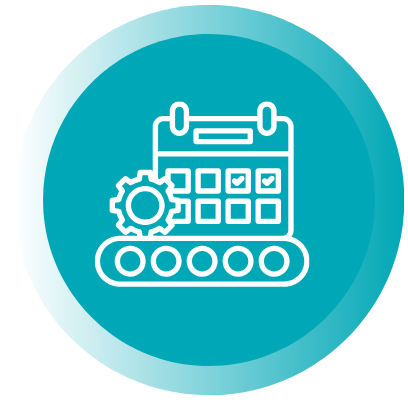
Production
scheduling
Bill
of Materials (BoM) tracking
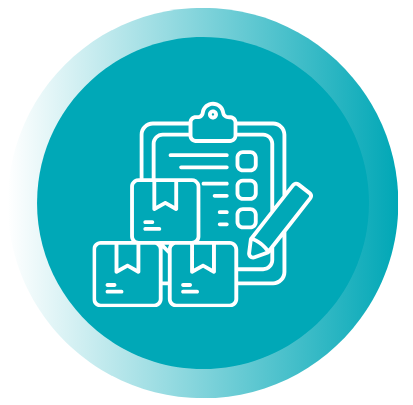
Inventory and stock level control

Procurement
planning
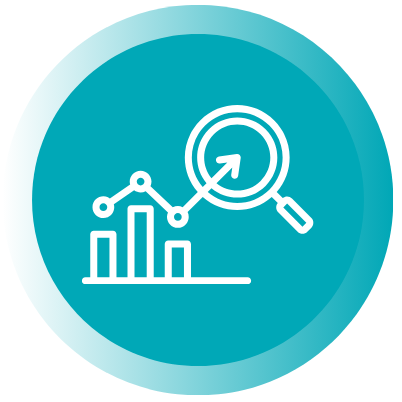
Demand forecasting
If you’re struggling with raw material shortages, overstocking, or production delays,
MRP can help bring order to the chaos.
What is ERP?
ERP stands for Enterprise Resource Planning.
ERP is a broader system that covers the full spectrum of your business operations - not just production.
It’s designed
to integrate everything from finance and HR to sales, inventory, procurement,
and yes - manufacturing.
In fact, most modern ERP systems include an MRP module. So
instead of separate tools for stock, sales, and finance, you get one
connected platform that gives you real-time visibility across your entire
organization.

ERP typically covers:
- Finance and accounting
- Inventory and warehousing
- Procurement and vendor management
- Sales and CRM
- Manufacturing (including MRP)
- Project and HR management
Think of MRP as one piece of the puzzle - and ERP as the full picture.
MRP vs ERP: What’s the real difference?
|
FEATURE |
MRP |
ERP |
|
Focus |
Production and materials planning |
All business operations |
|
Scope |
Manufacturing and procurement |
Company-wide functions |
|
Integration |
May operate standalone |
Fully integrated |
|
Primary Users |
Production planners |
Company-wide teams |
|
Visibility |
Focused on stock and scheduling |
End-to-end business insights |
MRP helps you plan what to make.
ERP helps you run the entire business.
How do you know which one you need?
You might need
just MRP if:
- You’re a small manufacturer focused only on production
- Your finance and sales teams already use other tools
- Your biggest challenge is inventory and scheduling, not company-wide visibility
But most businesses quickly outgrow separate MRP systems
You need ERP if:
- You’re managing multiple departments or locations
- You’re tired of reconciling data between different platforms
- You want real-time visibility across finance, production, and sales
- You’re scaling up and need better reporting, accuracy, and control
Modern ERP systems give you the benefits of MRP - and
much more - all in one system.
Real-world example: Odoo ERP with MRP built in
At Smart IT, we work with businesses that start out just needing help with production planning - but soon realize they need a full view of operations to grow.
That's where Odoo
comes in
Odoo is a powerful, flexible ERP system that includes full MRP functionality right out of the box
Real-time production scheduling
Inventory and warehouse management
Sales and purchasing integration
Financial reporting and dashboards
Custom workflows to fit your operation
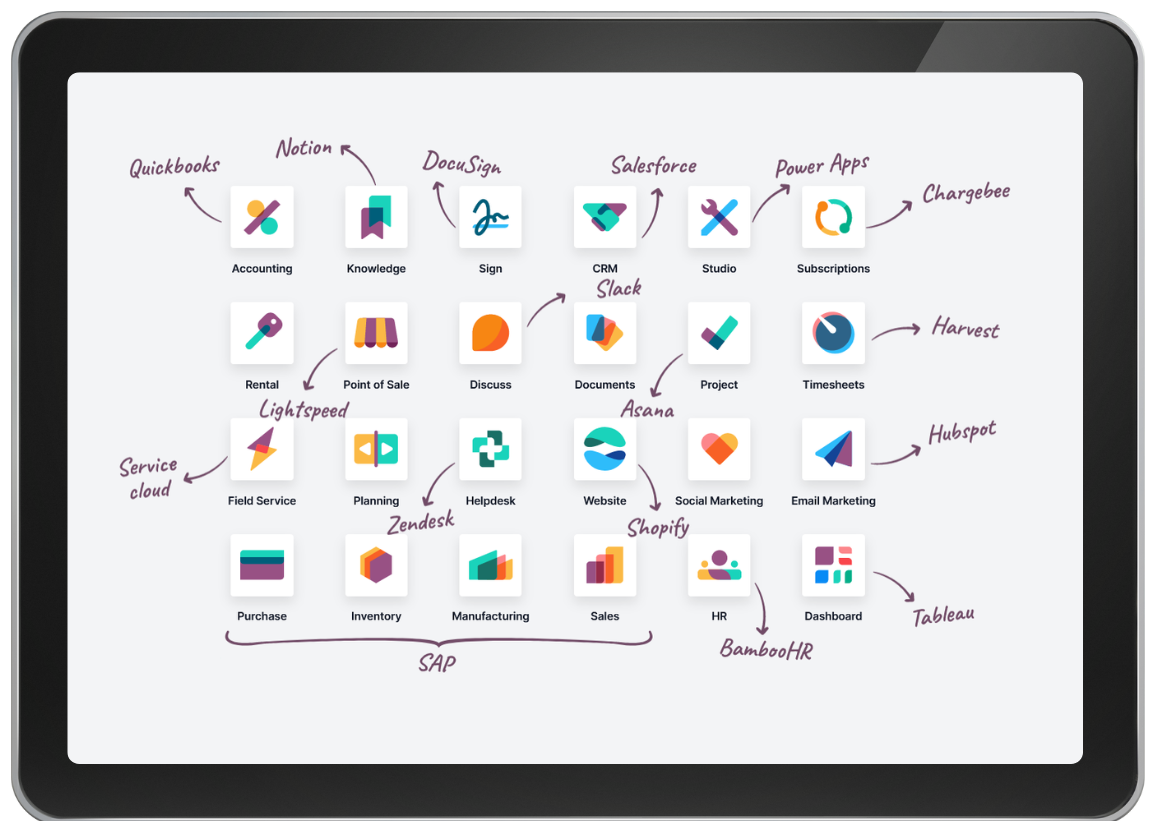

Whether you're making custom products or managing high-volume production, Odoo helps you make smarter decisions - without switching between tools
Choosing the right system is only half the equation.
The way it’s implemented is what makes or breaks its success.
At Smart IT, we don’t
just implement software.
We help you:
Map your current processes and pain points
Connect Odoo to your finance, sales, and logistics teams
Configure dashboards and reports that match your KPIs
Train your team to use the system with confidence
Set you up to scale without adding complexity

We make sure your ERP works the way your business works. That’s the difference between a system that gets used - and one that gets
abandoned.
What does this mean for you?
If you're outgrowing spreadsheets or jumping between disconnected tools, now’s the time to look at ERP. Not just because it's more powerful - but because it gives you control, visibility, and scalability in one system.
With a platform like Odoo and the right implementation partner, you’ll be able to:
Make faster, smarter decisions
Get real-time visibility across your business
Reduce manual work and errors
Plan for growth with confidence
MRP vs ERP: What’s the difference - And which one does your business actually need?